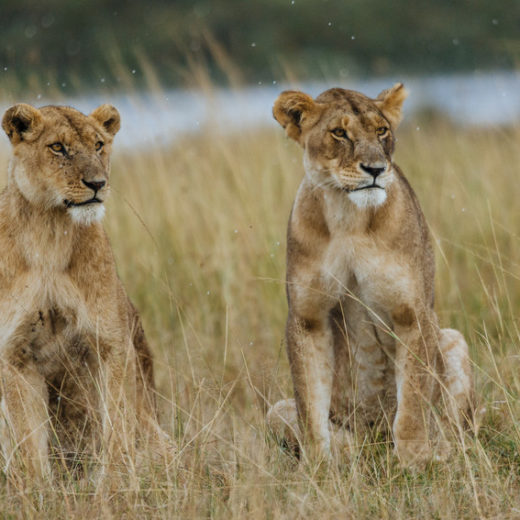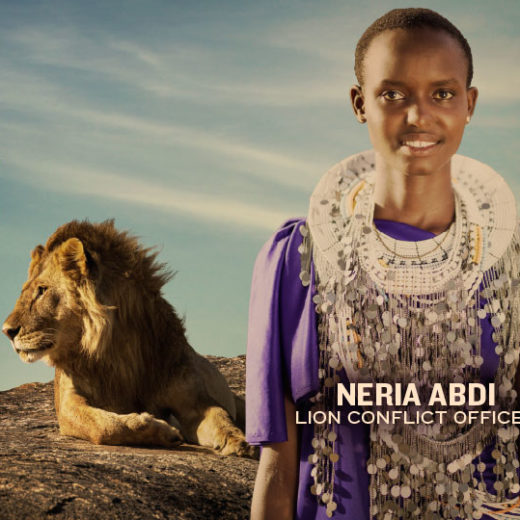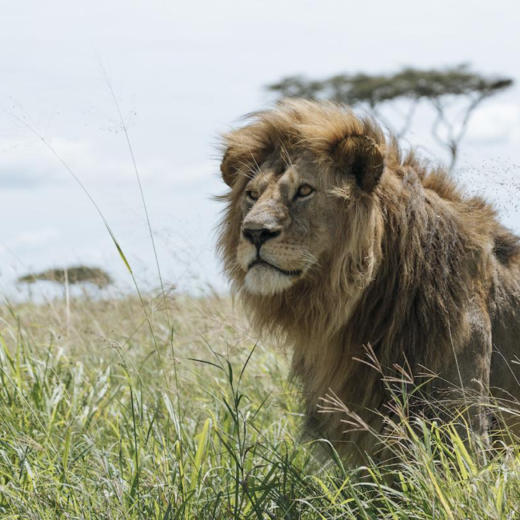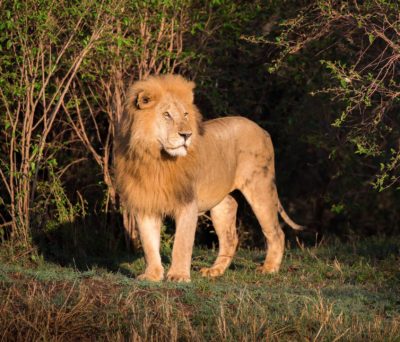
PRESS RELEASE
San Francisco, CA. – May 3, 2021, WildAid applauds the South African Government’s announcement to stop captive lion breeding for trophy hunting and tourist interactions.
“This decision by the government of South Africa should be applauded globally. Canned lion hunting, captive lion petting and developing an Asian market for lion bone in no way contributes to helping to conserve the last remaining wild lions in Africa and the business was a huge impediment to the nation’s image as a premier wildlife tourism destination,” said Peter Knights, CEO and Founder of WildAid.
Yesterday’s announcement by Environment Minister, Barbara Creecy, came from recommendations of a 26-strong review panel set up in 2019 that concluded the captive lion breeding industry risked the conservation of wild lions and harmed tourism.
The panel also recommended an immediate moratorium on the trade of lion derivatives such as bones, which they found to pose major risks to wild lion populations in South Africa. However, the panel stopped short of recommending a full ban on hunting wild lions.
Almost 200,000 lions roamed Africa a century ago, but lion populations have decreased 43% over the past two decades. There are an estimated 8,000 to 12,000 lions held in captivity by some 250 farms, and some 3,500 lions live in the wild in South Africa.
South Africa is the only nation to allow large-scale lion breeding, where the animals are often kept in packed cages or enclosures. The lions are killed later by hunters or slaughtered by the farm so their bones can be exported to Asia.
Killing lions for their bones and other parts has emerged as a more recent threat. Although lion bones are not part of Traditional Chinese Medicine, as tiger populations decline, these more readily available products are entering illegal wildlife markets as substitutes.
“We hope countries in Asia can help by banning sales of lion bone and enforcing restrictions and that once COVID declines, tourists will show their support by choosing South Africa for a safari to see lions as they should be in the wild,” added Knights.
WildAid is working to raise global awareness of lion conservation priorities, and to increase local awareness in order to build public and political will for lion conservation in key countries, including South Africa, Tanzania, Kenya, and Uganda. Most recently, WildAid has been campaigning across Africa against poaching with its “Poaching Steals From Us All” campaign and is working to reduce illegal commercial bushmeat trade, which sometimes leads to snaring of lions and loss of their prey base.
WildAid congratulates Blood Lions’ “Bred For The Bullet” campaign on this issue.
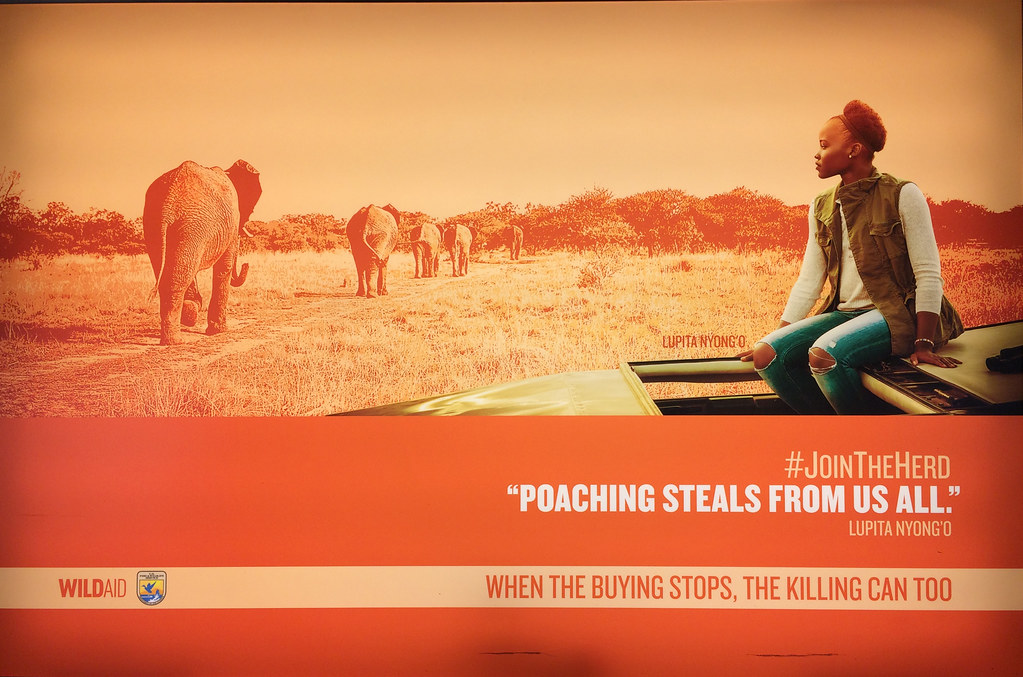

Stay in touch and get the latest WildAid updates.
SIGN UP

